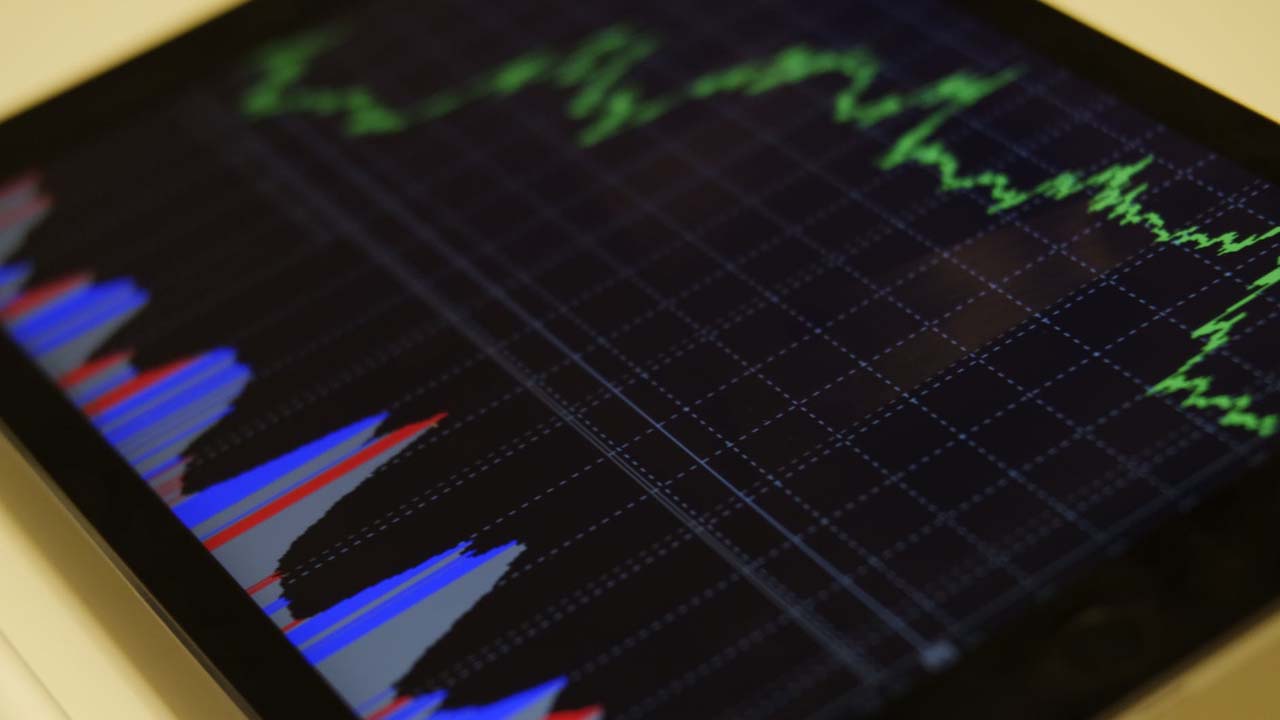
Investors in equities have expressed displeasure over the impact of the rising insecurity and social disorder in Nigeria, amid a slow economic recovery in the stock market, urging the federal government to intensify efforts towards tackling these challenges to stem the further loss of investment.
These, coupled with the recent Central Bank of Nigeria (CBN) Monetary Policy Committee (MPC’s) decision to adjust the industry’s Cash Reserve Ratio (CRR) for banks from 22.5 per cent to 27.5 per cent, as well as the Coronavirus threats, have triggered panic and massive selloffs in the stock market.
As a result, investors have lost close to N800 billion in less than two weeks of trading.
Some of them, who spoke with The Guardian, cited the brutal killing of Christians in the North that led to recent protests by the Christian Association of Nigeria (CAN), an umbrella organisation of various Christian denominations in the country.
Consequently, investors insist that insecurity is a major impediment to the ease of doing business anywhere in the world, noting that virtually all the stocks in the market are currently undervalued due to uncertainties and fear, leading to investment apathy.
The investors argued that war, insecurity, and social disorder are a disincentive to investment, as no investor would stake his money a country where his investment cannot be protected, adding that security of investment takes precedence over return on investment.
The Nigeria equities market capitalisation, which stood at N15.261 trillion on January 24, reopened for the transaction on Monday, with N14.464 trillion, meaning that it had lost over N797billion in value or 5.2 per cent, while the All-share index lost 1,856.65 points or 6.26 per cent to close at 27,772.19 from 29,628.84.
Recall that the equities market defied new year trends, as the
performance indices of the market (the All-share index and market capitalisation), rose significantly for one week from January 2.
The rally caused the value of listed equities to increase by over N816billion or 5.9 per cent within five days, while the cumulative value of listed equities rose to N13.787trillion on January 8, from N12.971trillion at the beginning of the year.
More so, at the close of transactions on Monday, investors lost a whooping N154billion due to massive selloffs in high-value stocks, especially Nestle Nigeria, MTN Nigeria, Lafarge Africa, Guaranty Trust Bank, and FBN Holdings, which investors attributed to the instability in the country.
This, they argued requires government adopting short, and medium to long term strategies to finding lasting solutions to nation’s security challenge.
Reacting, the Publicity Secretary, Independence Shareholders Association of Nigeria, Moses Igbrude, noted that no business can thrive in an unstable environment.
He stressed the need for the government to encourage the private sector to create more jobs by initiating favourable policies and closing the infrastructure gaps.
“Where there is insecurity, the operating environment cannot be stable to do business and if the operators continue to operate in such clime, businesses cannot do well. This is exactly what is happening to businesses and the capital market. All the companies are undervalued, and most of the manufacturing firms are declaring low margins and losses.
He added: “The way out is for the government at all levels to prioritise the issue of insecurity in Nigeria. Community policing should be encouraged for the immediate, while in the long term, appropriate strategies should be adopted to fast track economic recovery and job creation.”
Similarly, the President of Ibadanzone Shareholders Association, Eric Akinduro, said: “Economically we are not making progress due to the security situation of the country. It is affecting the capital market because no investor will want to put his investment in an environment that is not safe.
“Foreign investors are not ready to invest in our economy, even locally; insecurity has eaten dip into the purchasing power of the people. Currently, nobody has the financial ability to invest. The problem now is that we do not know when this will end. Government should take it with all seriousness and creating a conducive environment for businesses to thrive, and this is paramount.”



